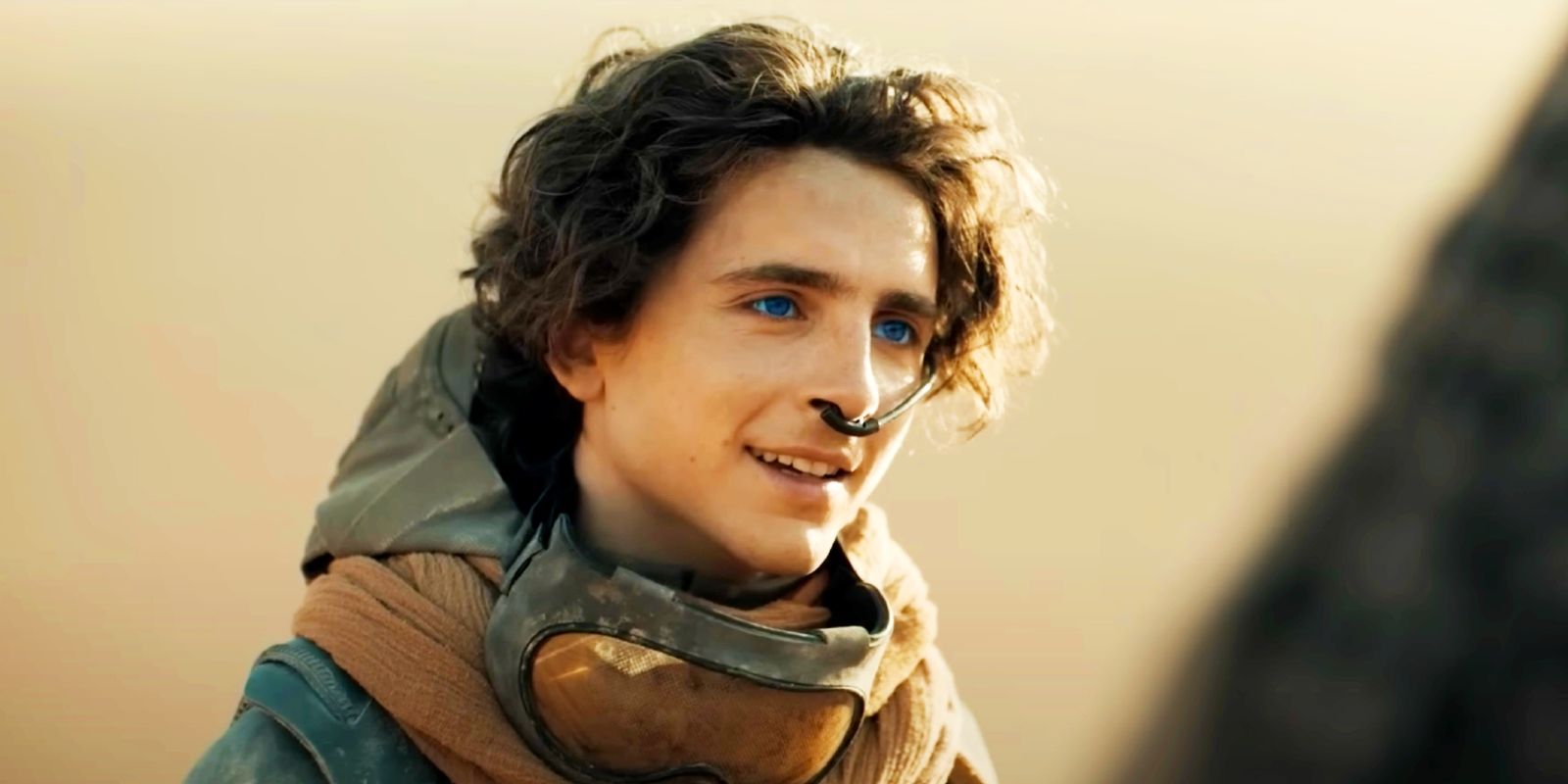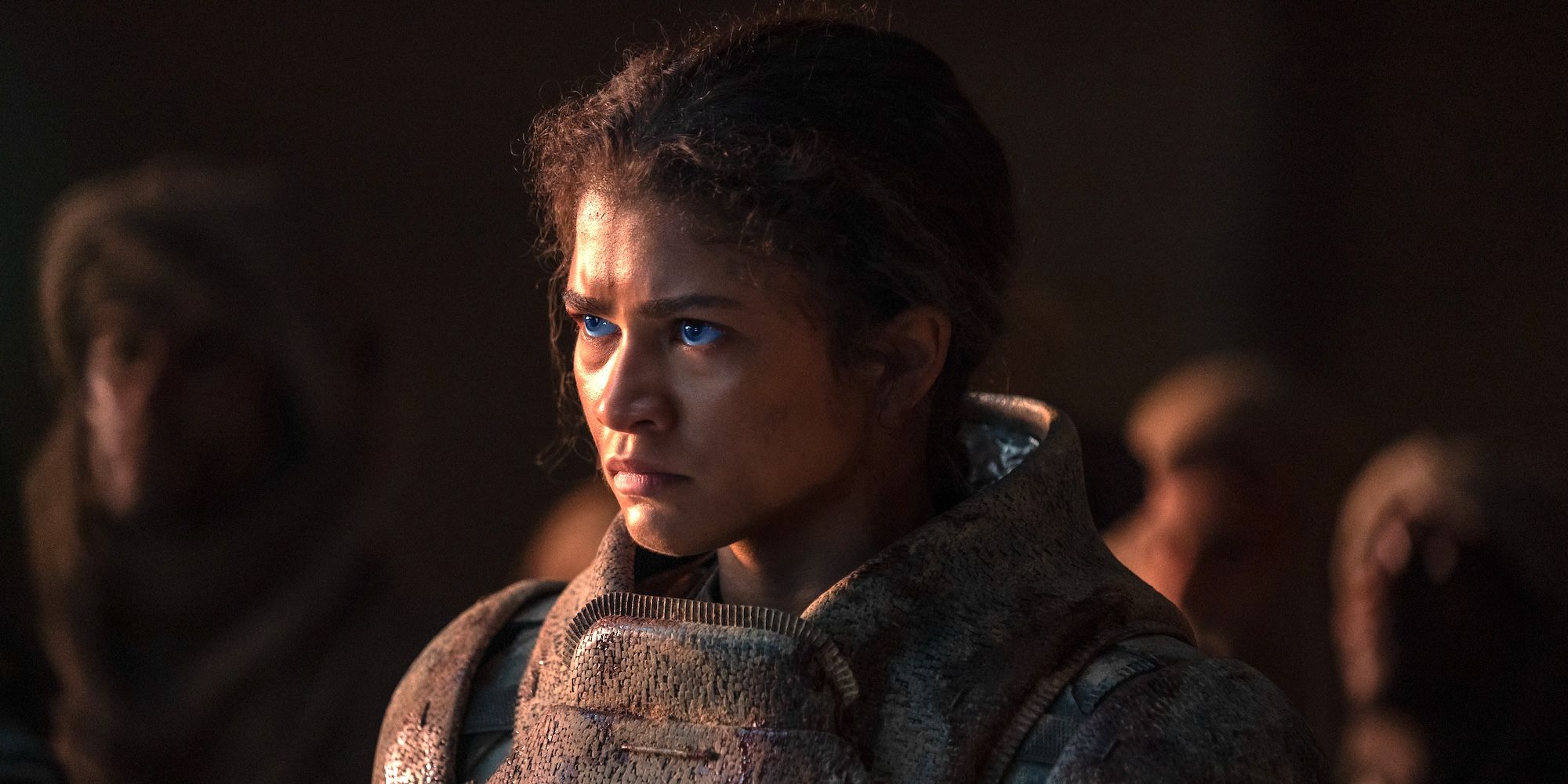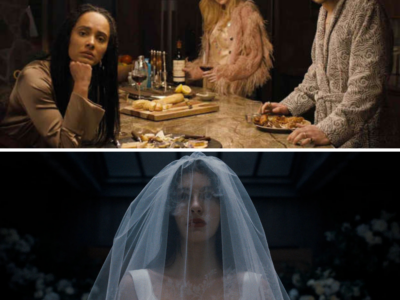Director Denis Villeneuve explains why he thinks audiences who haven’t seen 2021’s Dune can still enjoy and understand his sequel, Dune: Part Two.

Dune: Part Two director Denis Villeneuve explains why audiences don’t have to have seen the first film. After the success of his 2021 adaptation of Frank Herbert’s source material, Villeneueve returns to the desert plant of Arrakis to continue the story of Timothée Chalamet’s Paul Atreides. The film, which is now playing in theaters, has been met with glowing reviews from critics and audiences alike thus far.
In a recent interview with Moviefone, Villeneuve shares his take for why viewers can watch Dune: Part Two without having seen his 2021 movie. He still, however, recommends that people see Dune first if they can. Check out his comment below:
“I think it’s a good question. First, it was important for me that the movie would be kind of autonomous, meaning that someone who has not seen ‘Dune’ could still enjoy ‘Part Two.’ So, we gave enough hints at the beginning of the story to make sure that it was kind of autonomous. Of course, it’s a better journey if you have seen ‘Dune,’ but I tried that.”
Why Seeing 2021’s Dune Before Dune: Part Two Is A Good Idea

Both Dune and its sequel adapt the events of Herbert’s seminal 1965 novel of the same name. The book is so dense and all-encompassing that Villeneuve needed quite two long feature films in order to cover everything, and there’s still lots of stuff that there wasn’t room to include. To get the best possible adaptation of the novel, then, seeing both movies is certainly recommended.
Watching the first Dune makes Paul’s character arc more powerful and more moving as he embraces a leadership role with the Fremen in the sequel.
By skipping Dune and going straight to the sequel, one would essentially be jumping into the story half-way through. While Villeneuve does indeed explain more or less what happens in the first movie, orienting viewers, it’s obviously much more effective to see this play out on screen over the film’s 2-hour and 35-minute runtime. Watching the first Dune makes Paul’s character arc more powerful and more moving as he embraces a leadership role with the Fremen in the sequel.
The exposition in Dune: Part Two means newcomers probably won’t be too confused as they watch, but aspects of the first film set up emotional and/ or plot payoffs in the sequel. Josh Brolin’s Gurney and Dave Bautista’s Rabban meeting in the sequel, for example (which has been shown in trailers), is far more rewarding if one has seen the first movie and knows those characters’ history. As Villeneuve suggests, however, Dune: Part Two can still be an enjoyable experience for those who didn’t catch the first film.

